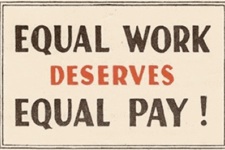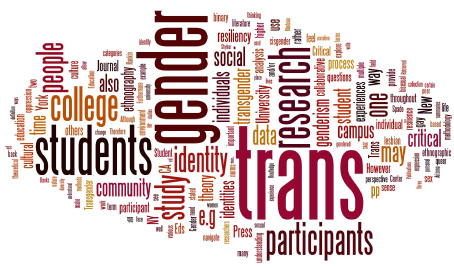I always find conversations with people of all genders who generally believe that the work of the feminist movement is over to be “interesting.” They say things like, “wasn’t that a thing in the 70s? Didn’t we solve all the problems then? Of course!” they cheer… “women’s liberation has been won! Women have it great these days! A woman can even run for president! No more need for protests, bra-burning (which is an urban myth anyway), and certainly no more need for angry feminists! What do you all have to still be so upset about?
I’ll tell you. For one, I am upset about pay inequity. It is indeed absurd that this type of inequity still exists.
Today, April 14, 2015 is the day we “celebrate” Equal Pay Day. A symbolic day representing the day that women* must work to make the same amount of money that men made in 2014. Continue reading #EqualPayNow: Do More Than Wear Red




